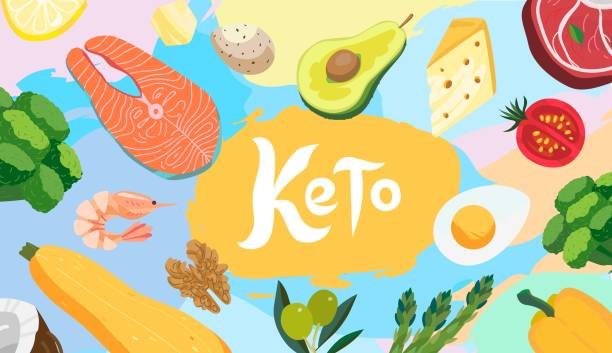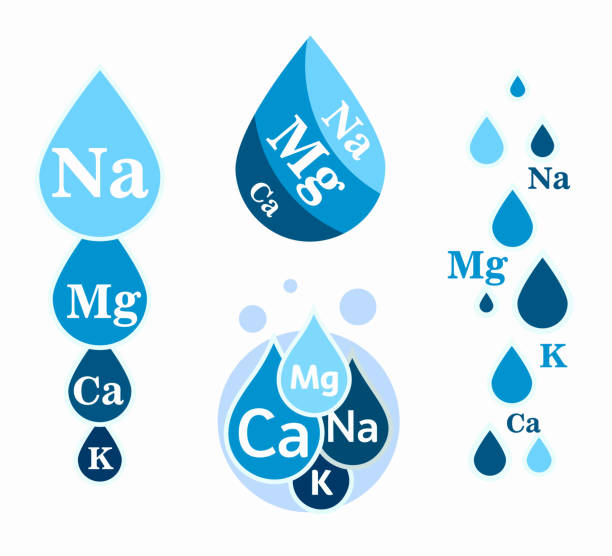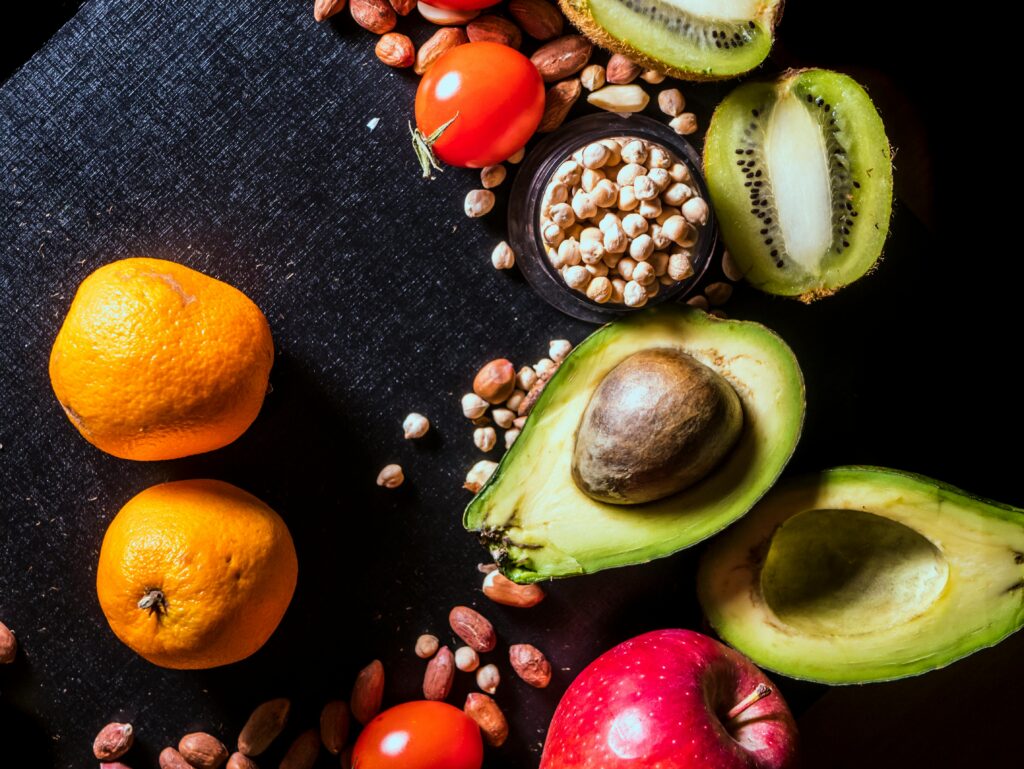Kinds of Diets
How Keto Diet Can Lead to Dehydration
The keto diet, which emphasizes high-fat, low-carbohydrate intake, has grown in popularity due to its potential benefits for weight loss and metabolic health. Despite the numerous benefits of keto diets, there is one lesser-known concern: dehydration. The physiological changes caused by ketosis can have a substantial impact on fluid balance in the body, potentially leading to dehydration and other health issues. In this article, we will look at the detailed mechanics underlying the relationship between keto diets and dehydration, including the factors that contribute to fluid loss, indications of dehydration to look out for, and practical ways for staying hydrated while following a keto lifestyle. Join us as we explore the intricate interplay between food, hydration, and overall well-being, shedding light on the necessity of mindful hydration practices in achieving optimal health outcomes on the ketogenic journey.

Understanding Keto Diet and Dehydration
The ketogenic diet is a high-fat, low-carbohydrate diet that has become popular due to its possible health benefits. However, one disadvantage of this diet is the risk of dehydration. In this section of the article, we will look at the link between the keto diet and dehydration.
Role of Carbohydrates in Hydration
Carbohydrates are an essential macronutrient that aids in hydration. When carbs are ingested, they are converted into glucose, which the body uses as an energy source. Glucose is stored in the liver and muscles as glycogen. Glycogen is a hydrated substance, therefore it contains water molecules. Each gram of glycogen stored in the body contains around three grams of water. This implies that as glycogen is broken down, water is released into the body, helping to keep it hydrated.
When adopting a ketogenic diet, carbohydrate intake is considerably reduced. As a result, the body stores less glycogen, which means less water is stored alongside it. This can cause a drop in overall hydration levels.
Ketosis and Increased Water Loss
When you follow a ketogenic diet, your body enters ketosis, which means it starts using fat for energy instead of glucose. This process involves the breakdown of lipid molecules, which produces ketones in the bloodstream. Ketones are then eliminated from the body via urine and sweat.
Water loss may rise as a result of ketones being excreted through urine and sweat. This means that those on a ketogenic diet should drink extra fluids to stay hydrated. Furthermore, ketone excretion might cause an increase in electrolyte loss, exacerbating dehydration.
Finally, the ketogenic diet might cause dehydration due to the lower carbohydrate consumption and greater water loss associated with ketosis. Individuals following this diet must take appropriate fluids and electrolytes to stay hydrated.

Symptoms and Side Effects of Dehydration on Keto
Dehydration is a typical side effect of the keto diet, and it can cause a number of symptoms that make following the diet challenging. In this section of the article, we will look at the most prevalent symptoms of dehydration on the keto diet, as well as the long-term consequences of dehydration and keto flu.
Common Dehydration Symptoms
The most prevalent signs of dehydration on the keto diet are:
- Dehydration can induce severe headaches.
- exhaustion: Dehydration can lead to exhaustion, making it harder to remain active and attentive.
- Dizziness: Dehydration can produce dizziness, which is risky when driving or using heavy machinery.
- Dehydration can induce muscle cramps, which are uncomfortable and make exercising difficult.
- Constipation: Dehydration can lead to constipation, which is painful and makes adhering to the keto diet difficult.
Long-Term Risks and Keto Flu
In addition to the short-term symptoms of dehydration associated with the keto diet, long-term dangers must be considered. Dehydration can induce electrolyte abnormalities, which can trigger the keto flu. The keto flu is a set of symptoms that may include dehydration, exhaustion, headaches, and a general sense of “ick.”
To avoid these effects, remain hydrated when following the keto diet. This includes consuming plenty of water and electrolyte-rich liquids such as bone broth. It is also crucial to consume enough of water-rich foods such as leafy greens, cucumbers, and celery.
In conclusion, dehydration is a common side effect of the keto diet that can cause a number of problems.

Preventing Dehydration on a Ketogenic Diet
Adequate water consumption is critical for avoiding dehydration on a ketogenic diet. The body requires more water to digest fat, and a shortage of carbohydrates in the diet may lead the body to excrete more water. It is recommended to drink at least 8-10 glasses of water every day, but it is critical to monitor one’s individual body’s response to establish the exact amount of water required.
Electrolyte supplementation is also essential for avoiding dehydration on a ketogenic diet. Sodium, potassium, magnesium, and calcium are important electrolytes that help the body stay hydrated. Deficiencies in these electrolytes can cause dehydration, muscular cramps, and weariness.
To maintain electrolyte levels, eat foods high in these minerals, such as leafy greens, nuts, and seeds. Furthermore, bone broth is a good source of electrolytes and can be drunk as a hot drink to help replace them.
Drinks like tea and coffee can be consumed on a ketogenic diet, but only in moderation. While they give hydration, excessive ingestion might cause dehydration due to their diuretic properties.
To summarize, minimizing dehydration on a ketogenic diet necessitates proper water consumption and electrolyte supplementation. It is critical to monitor one’s individual body’s reaction to calculate the exact amount of water required and to eat meals high in necessary electrolytes.

Dietary Considerations and Alternatives
Foods High in Water and Electrolytes
To stay hydrated on a keto diet, eat foods high in water and electrolytes. Cucumbers, celery, and lettuce are water-rich vegetables that can be eaten as snacks or in salads. Watermelons, strawberries, and cantaloupe are also wonderful choices due to their high water content. However, it is crucial to note that fruits contain natural sugars and should be consumed in moderation if following a low-carb diet.
In addition to water, the body needs minerals like salt, potassium, and magnesium to maintain fluid balance. Avocados, almonds, and seeds are rich in healthful fats and minerals. Consuming bone broth or adding salt to meals can also help restore sodium levels.
Balancing Keto with Hydration Needs
It is critical to combine the benefits of a high-fat, low-carb diet with the body’s requirement for hydration. Rapid weight loss during the early phases of a keto diet might be linked to water loss, which can lead to dehydration if not supplemented correctly.
To keep fluid balance, drink at least 8-10 glasses of water every day. It is also critical to respond to your body’s thirst cues and drink water before, during, and after exercise. Electrolyte pills or sports drinks can also be eaten during strenuous activities to stay hydrated.
To summarize, while on a keto diet, it is critical to ingest meals high in water and electrolytes, as well as maintain optimal fluid balance through regular water intake and listening to the body’s thirst cues. Individuals who examine these dietary factors and options can maintain a healthy and sustainable keto diet.
Conclusion
While the keto diet has the potential to improve weight reduction and metabolic health, it is important to be aware of the danger of dehydration associated with this diet. Individuals who follow a keto diet can reduce their risk of dehydration and preserve optimal well-being by understanding the physiological factors at work and employing proactive hydration techniques. Proactive methods, such as emphasizing water consumption, replenishing electrolytes, and monitoring hydration status, can assist guarantee a balanced ketogenic eating strategy. As we end our investigation of the link between keto diets and dehydration, let us underline the necessity of mindful hydration habits in maintaining health and vigor during the ketogenic journey.
Trusted Health, Wellness, and Medical advice for your well-being


